The first thought on Prime Minister Orban's mind upon hearing the news of the assassination attempt on Slovakian Prime Minister Robert Fico was whether he would survive, as they were on friendly terms. His second thought was that he would be left alone in Brussels with his anti-war views, and the third was that it would impose extra security measures on him, which he does not like. This, according to an in-depth interview Mr. Orbán gave to the popular Patriota channel, where Hungary's premier sat down for a lengthy discussion with journalist Daniel Bohar.
On the subject of a possible nuclear war, PM Orban emphasized that
European politicians view the atomic bomb as a tactical deterrent, not as something that should actually be used. However, things they don't even consider at the onset of a war could still happen in the end, as usually the worst-case scenarios are realized.
Phrases such as "NATO mission in Ukraine," which raises the hairs on the back of one's neck, as well as terms such as "tactical nuclear weapon" or "world war," or the idea of sending troops on behalf of a defense alliance like NATO to a war that takes place outside the territory of the alliance, are slowly becoming commonplace. This is scary, but we're starting to get used to it. Having read some diaries penned before the previous world wars, PM Orban underlined that even back then, political leaders promised a swift end, and not one of them ever promised a world war.
We, Hungarians, are closer to the reality of war
Hungary was on the losing side in the world wars, so our reflexes are different," PM Orban said, adding that "we are closer to the reality of war, which is a terrible thing. There, hands, legs, and heads go missing, women are left widowed, children are orphaned, and this is what's happening in Ukraine: there is such a loss of manpower that they may not even be able to recover, just as our country is still suffering from the losses of the First World War.
– The horrors of bomb craters in Budapest and the bombed-out capital immediately spring to mind, but in the West these alarming personal experiences are not so automatic," PM Orban explained.
In ten years' time, people may evaluate the currently unfolding events as the precursor to a Third World War. We cannot rule out that, if things go awry and we cannot restrain the current war psychosis in Brussels, then the history of these years will also go down as a prelude, an episode belonging to the first years of a great world war,
– Mr Orban said.
People also paying for this war in the shops
PM Orban underlined that Europe is already suffering terrible losses, with hundreds of billions of euros in economic damage. People are also paying for the war when they go to the shops, because peacetime prices are not usually like this. In a climate of war, credit interest rates go up, energy prices go up, transport costs go up, entrepreneurs become cautious because they must halt their developments, and everyone pays the price. Even Hungary is financing the war, even though it is doing its best to stay out of it, PM Orban said, arguing that he strongly disliked all this right from the start.
According to calculations, the number of victims now hovers half a million to 1 million people, with only two Slavic countries currently at war.
They said "Putin cannot win," but the Russians have successfully switched to a wartime economy
Hungary is also paying the price of war in the form of missing children, Mr Orban said. The initial war strategy was that the Ukrainians were ready to fight and we would give them money and weapons, but so far no one has answered the questin of how much of this would be needed to drive the Russians out. Their answer was that "Putin cannot win," but there is still no answer to the original question and, in the meantime, Russia has successfully transitioned itself into a war economy. The question of how much the whole enterprise will cost is left unanswered because the war's financiers have no clue themselves," PM Orban said.
– Europe is drifting into a war without even having any estimates anout the costs and means that are necessary to achieve its military objectives. I have never seen anything more irresponsible in my life
– he added.
Every European war is also a civil war
PM Orban also pointed out that
in the First and Second World Wars, Europe lost some fifty-seven million people, including one and a half million young men, mainly men with families. If they and their children and grandchildren had lived, Hungary and Europe would not have demographic problems today, and the migration problem would not even exist.
Every war in Europe is also a European civil war, where we are killing each other, he said.
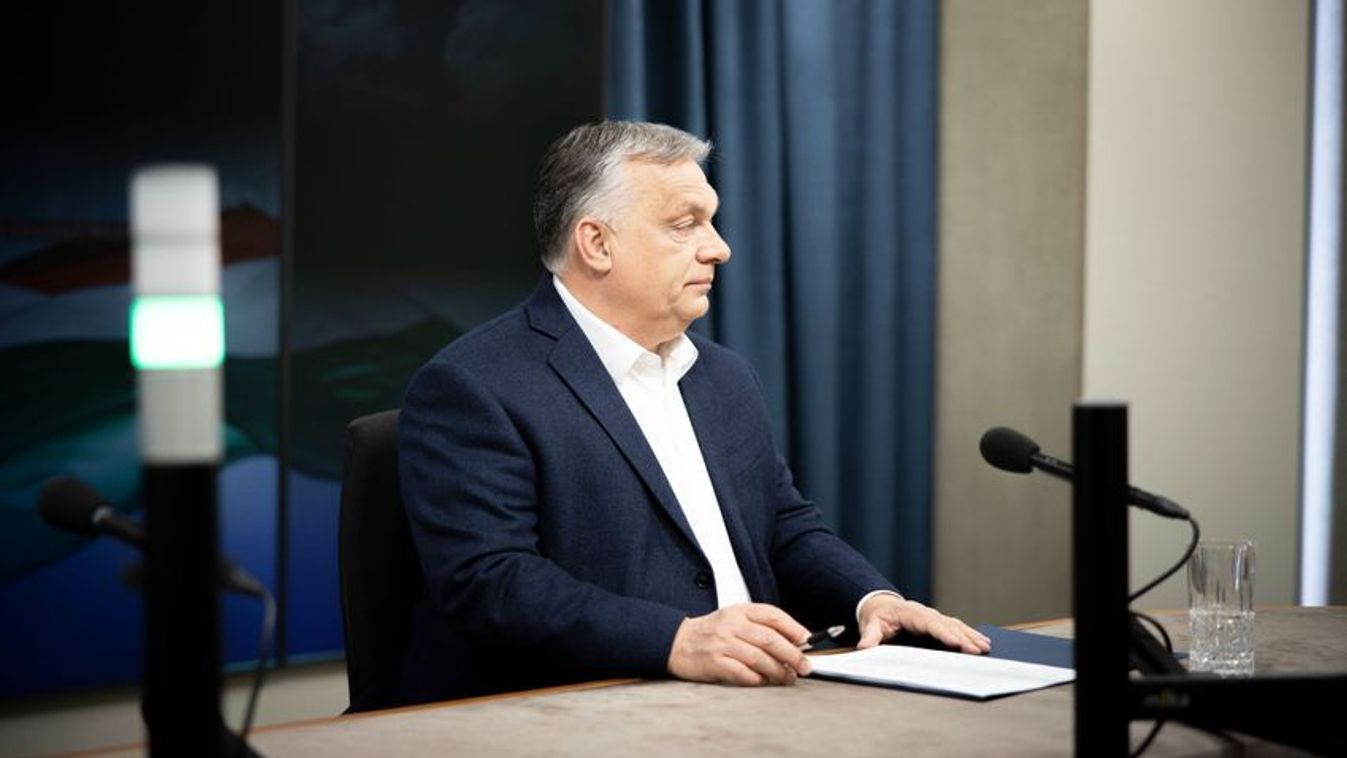
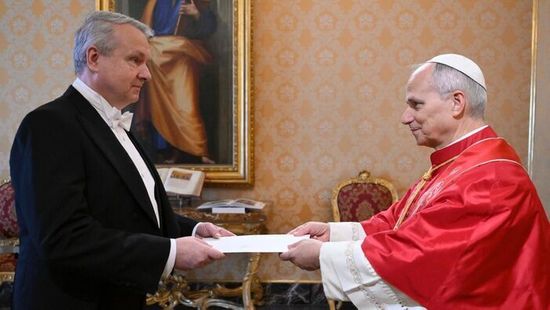
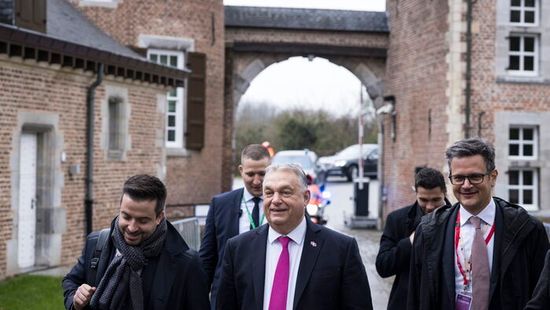
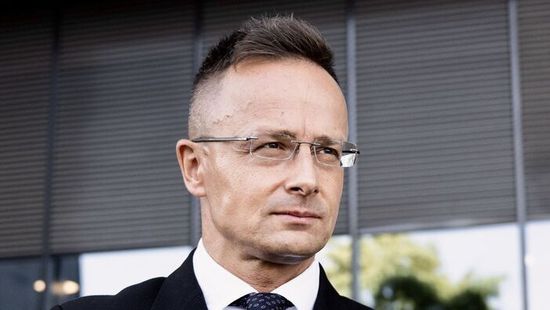
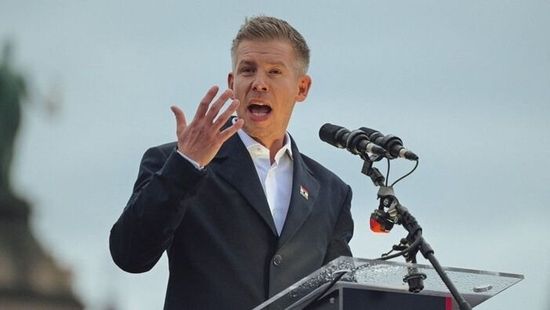

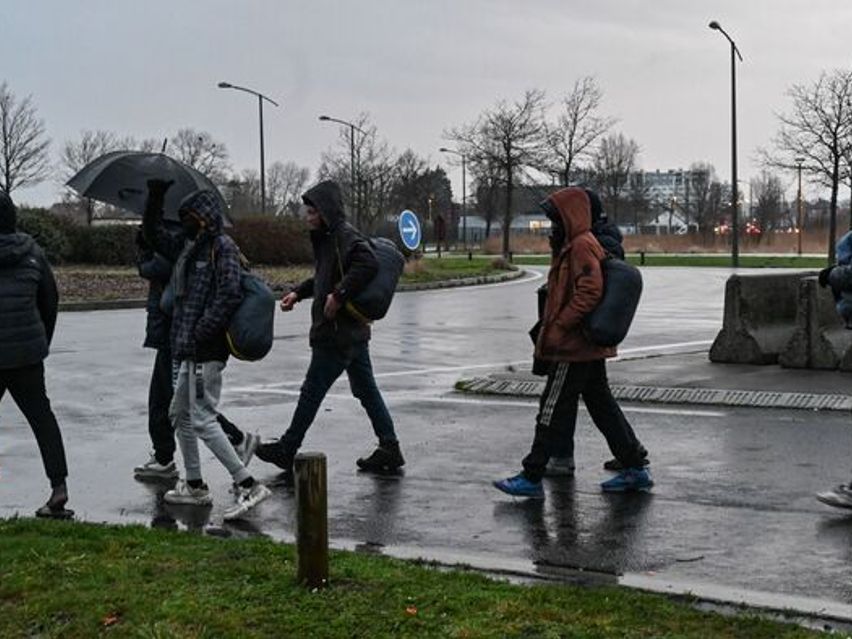
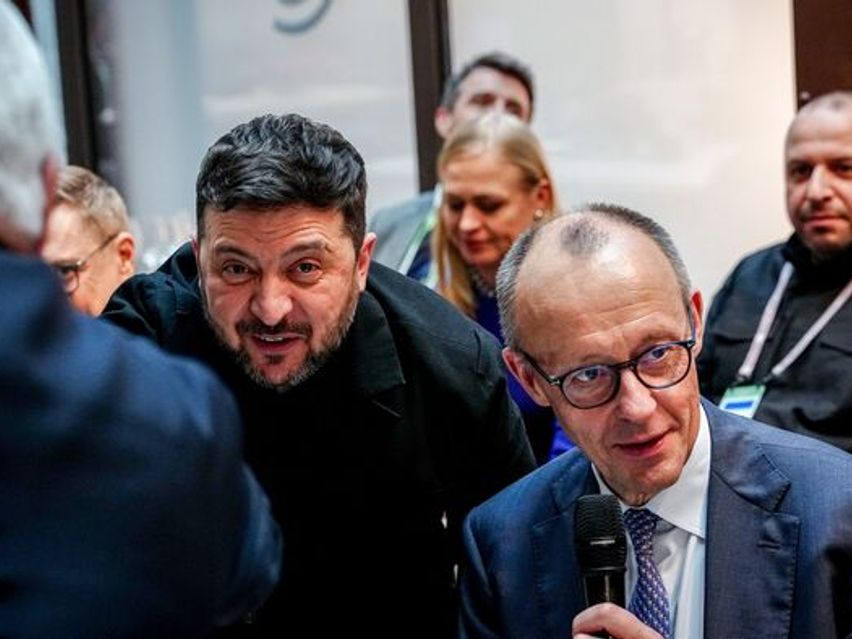
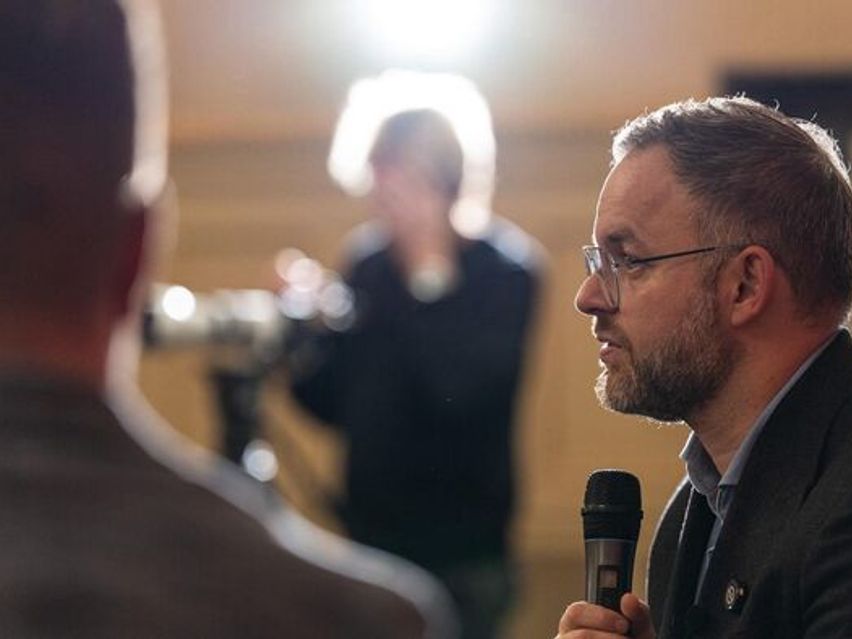
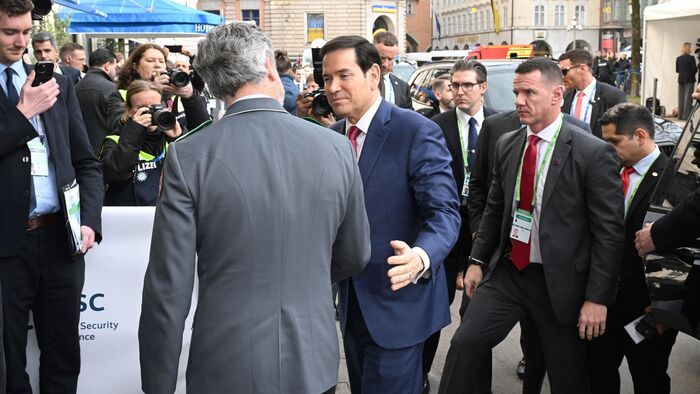

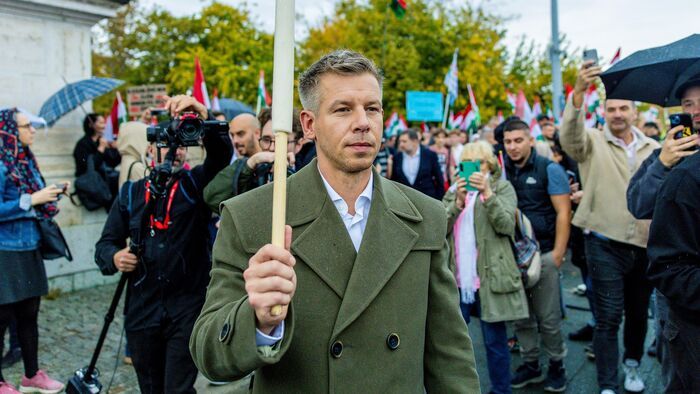
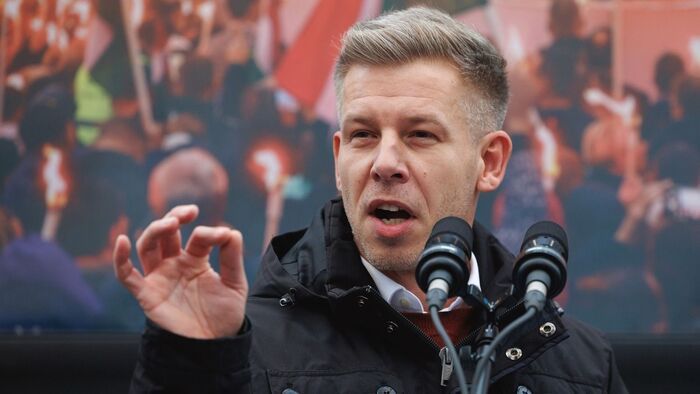
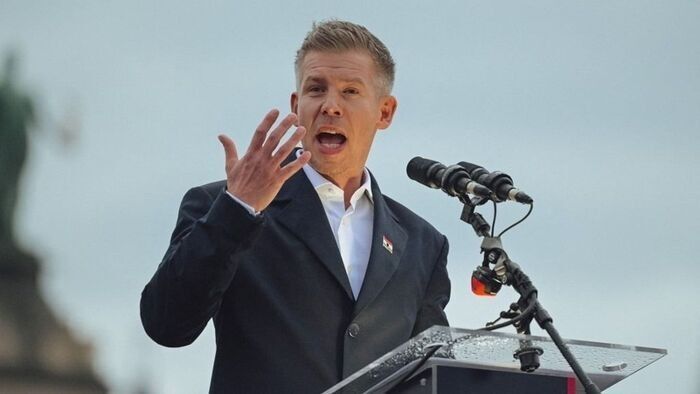

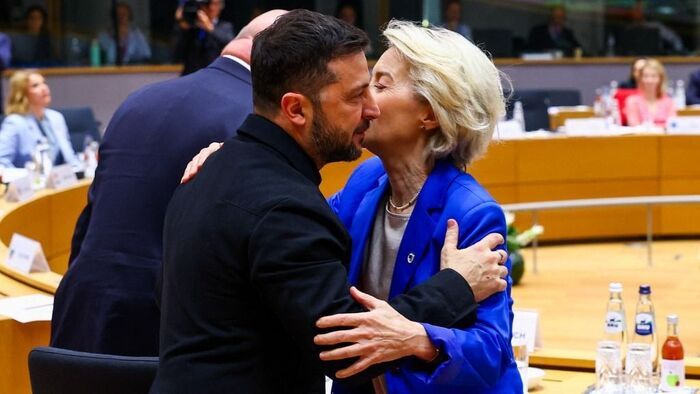
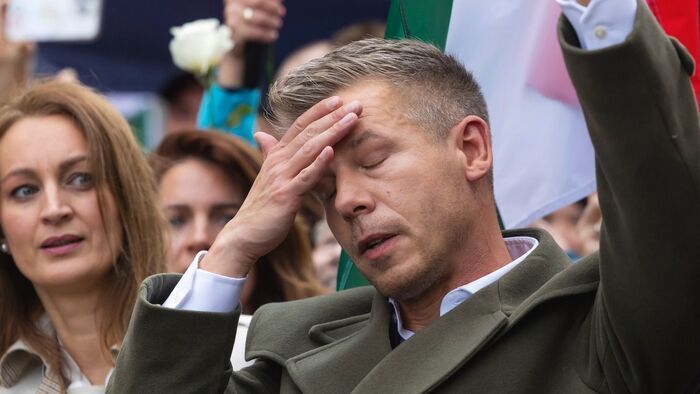
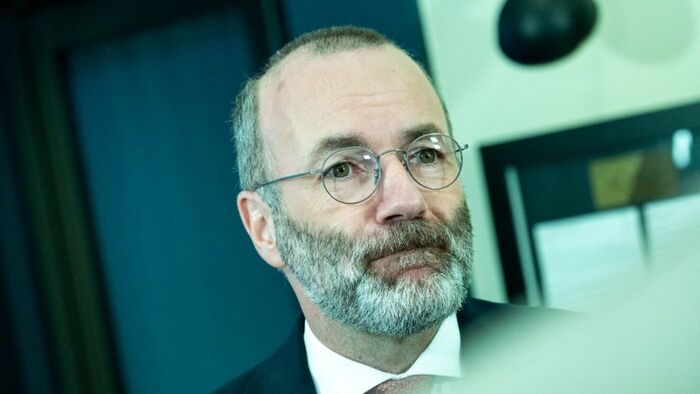

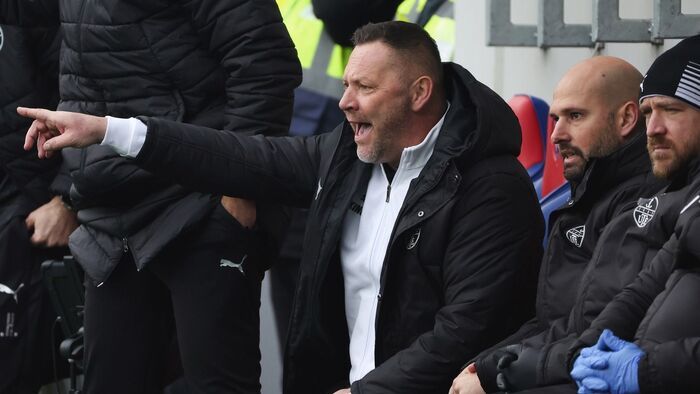
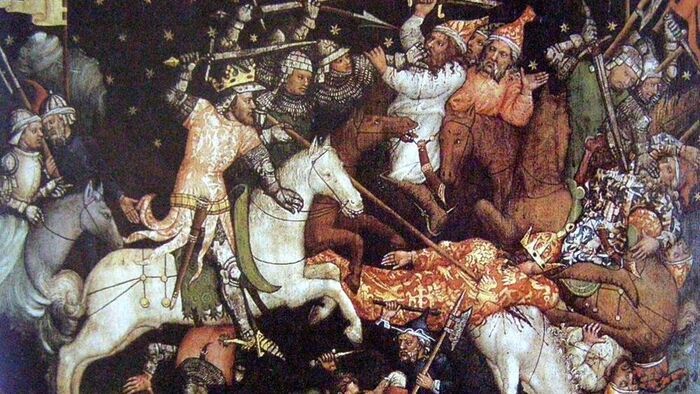


Szóljon hozzá!
Jelenleg csak a hozzászólások egy kis részét látja. Hozzászóláshoz és a további kommentek megtekintéséhez lépjen be, vagy regisztráljon!